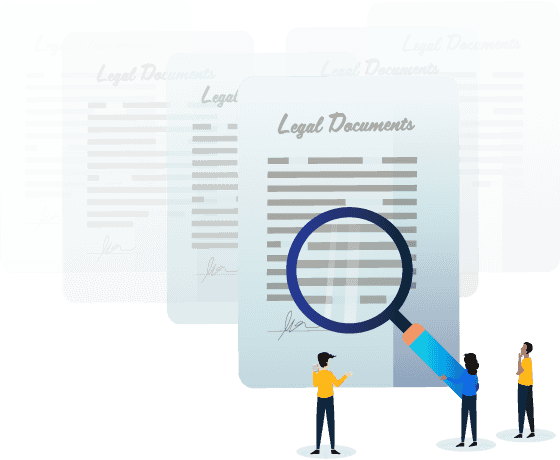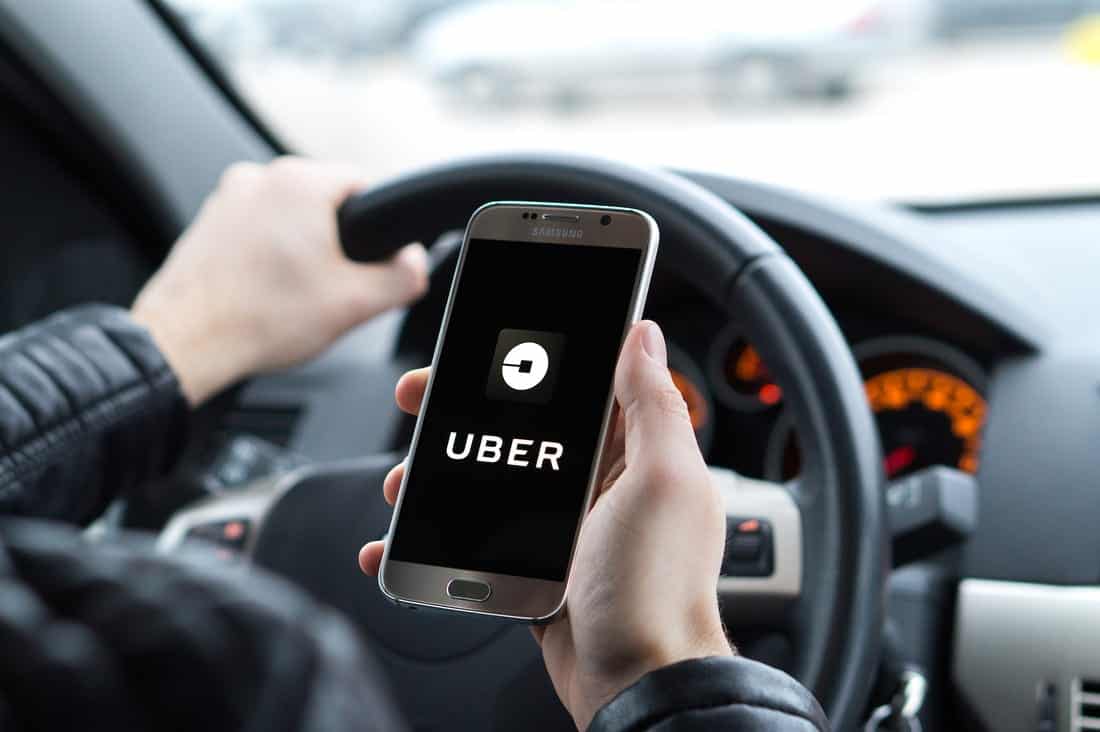With the colossal rise of Uber in Australia, serious questions are raised on the employment rights of Uber’s drivers. Specifically, the central question the law has had to address is whether Uber drivers are employees? As we all know, full-time and part-time employees receive employment benefits and leave entitlements that contractors do not. Hence, defining the driver’s employment status is vital. Ultimately, there are significant consequences if incorrectly determined. Read our guide to find out more.
Employees or Contractors?
There has been contention across the globe surrounding whether Uber drivers are employees or contractors. In Australia, the landmark decision of Kaseris v Raiser Pacific V.O.F (Uber) [2017] answers this question. Here, the Fair Work Ombudsman looked at whether drivers are classified as employees in terms of their rights and unfair dismissal.
Ultimately, they held the key in “determining whether a worker is an employee or independent contractor is whether the worker is the servant of another… or whether the worker carries on a trade or business on his or her own behalf…“
Therefore, the Fair Work Commission (FWC) held Uber drivers were in fact independent contractors and not employees under this definition. You can customise our Contractor Agreement for free.

Get your Contractor Agreement now for free.
Hire your contractor the right way with our contractor agreement.
Get nowWhat Does This Mean for Uber Drivers?
This decision has immense impacts on the employment entitlements of Uber drivers. Specifically, the case affirms that Uber is not required to provide drivers with sick or annual leave entitlements. Further, minimum wage requirements do not have to be met.
The Fair Work Act 2009 (Cth) governs this area. It defines the difference between an independent contractor and employee. It also illustrates the rights of individuals who fall into either category. For instance, one argument put forward is that Uber is undertaking a ‘sham contracting arrangement’. Ultimately, this is where an employer attempts to disguise an employment relationship. They conceal this as an independent contracting relationship to avoid the provision of employee entitlements. For more information, you can read our guide ‘What’s The Difference Between A Contractor And An Employee?‘.
Moreover, this decision has had a great impact on the ‘gig economy’. The gig economy is where workers enter into agreements with on-demand companies to provide services to their clients. Ultimately, the law is struggling to keep up with the emergence of new technologies. Hence, businesses need to be proactive in defining their employment structure to avoid issues arising.
Final Thoughts
To conclude, Uber drivers are not employees. Rather, they are independent contractors. The Fair Work Commission affirmed this definition. Therefore, Uber drivers are not awarded the same employment benefits as employees are. This means they do not obtain sick or annual leave entitlements. If you are unsure your employment rights, we recommend consulting an Employment Lawyer.





